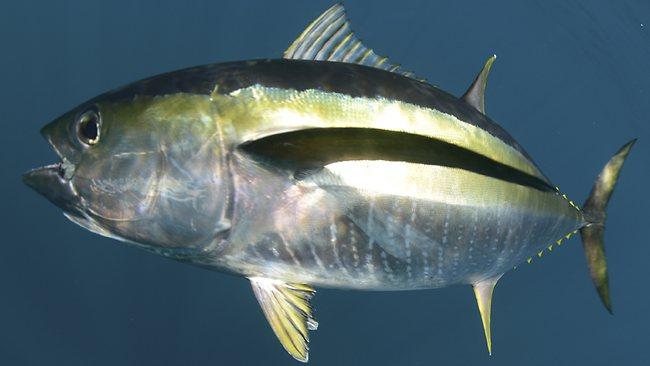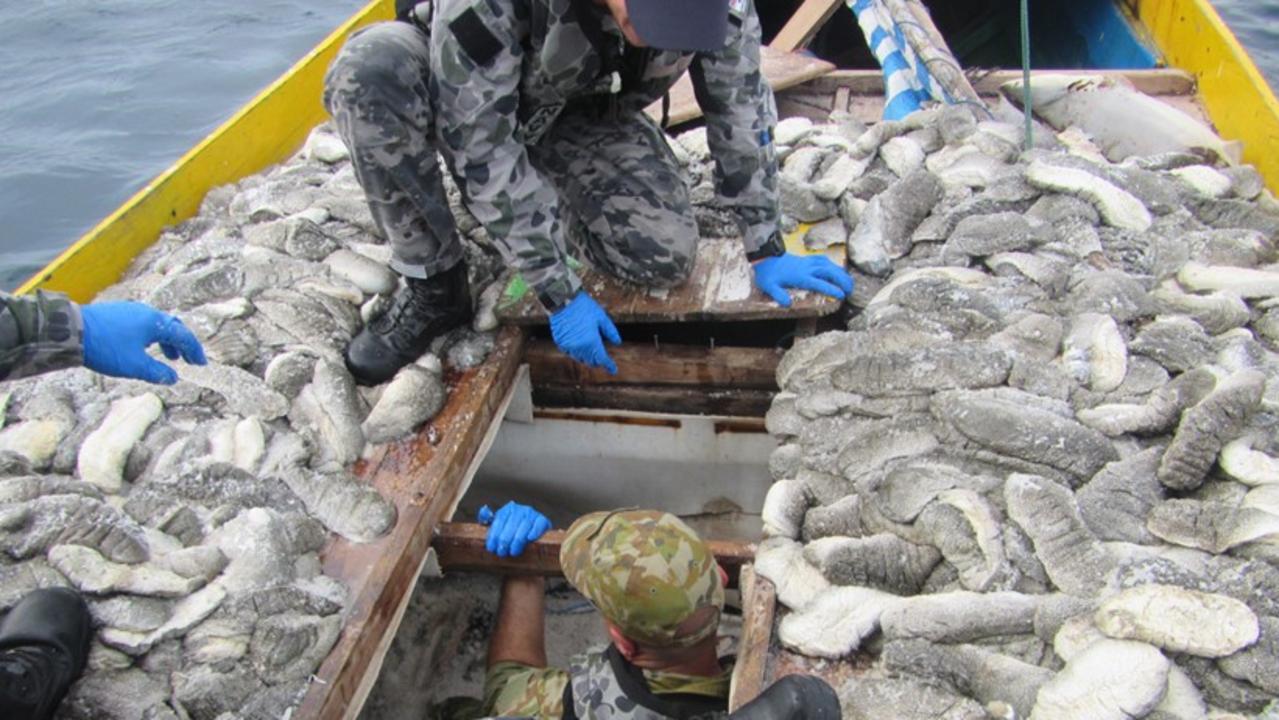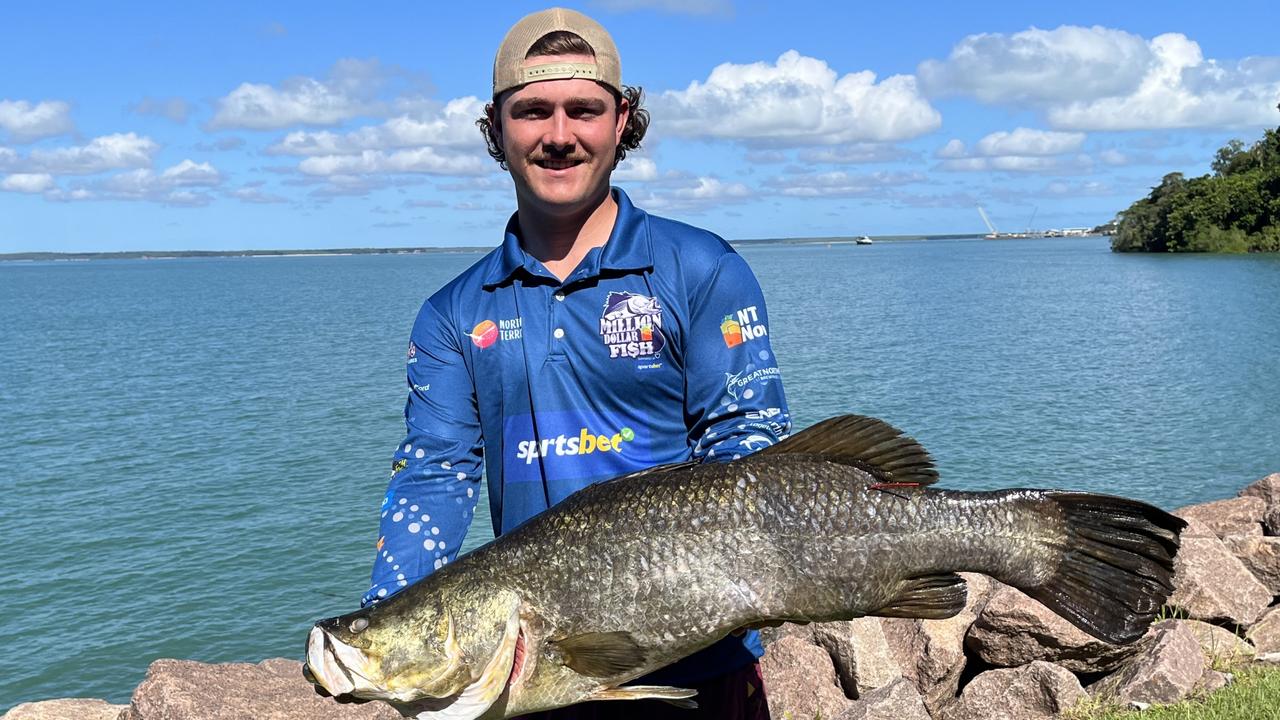Long-line fleets challenged on tuna sustainability
ENVIRONMENTALISTS will call for no new fishing vessels in the Pacific region and sharp cuts to tuna catches at a meeting in Cairns.

Fishing
Don't miss out on the headlines from Fishing. Followed categories will be added to My News.
ENVIRONMENTALISTS will call for no new fishing vessels in the Pacific region and sharp cuts to tuna catches at a meeting in Cairns.
The Western and Central Pacific Fisheries Commission (WCPFC) will meet this week to decide the future of the world's largest tuna fishery.
An estimated 2.5 million tonnes of tuna was hauled from the Pacific last year, accounting for 60 per cent of the global catch.
Greenpeace claims large international fleets from the US, Taiwan, Korea, Spain, China and Japan - which rely on destructive fish aggregation devices - are to blame for much of the overfishing.
This method catches large amounts of juvenile tuna leading to steep stock declines, particularly of bigeye and yellowfin tuna.
Duncan Williams, of Greenpeace Australia Pacific, said for too long the massive foreign long-line fleets in the region have plundered fish with impunity.
He said fishing powers such as Taiwan, China, Korea and the US are expected to block what he labelled "sensible" reform.
"Unfortunately the little people are forgotten in these negotiations as the multimillion dollar company CEOs exert pressure on country delegations to block progressive measures," he said.
"Australia shares the same fish and the same ocean, so unless we speak out, its our own fishers and consumers who will ultimately pay the price. They now need to be brought under control, catches reduced, number of vessels reduced to sustainable and economical levels and the high seas pockets closed to all fishing."
Greenpeace is campaigning for a sustainable fishing industry and a global network of marine reserves covering 40 per cent of the ocean.


